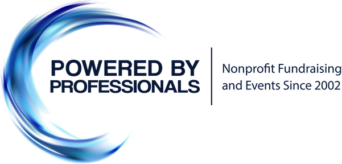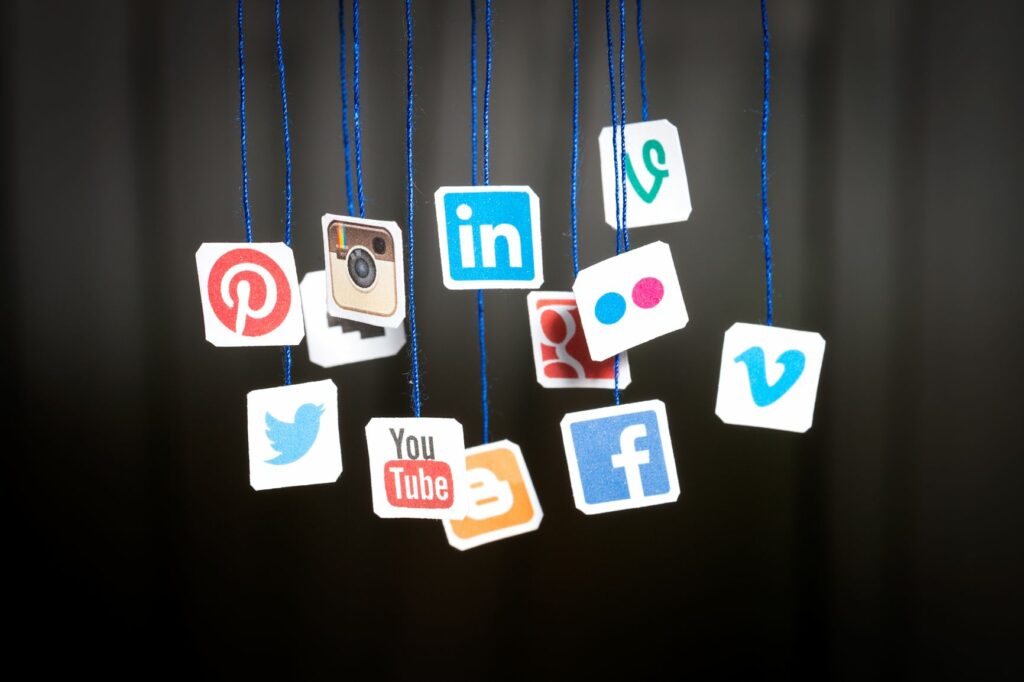Virtual events have become a central part of our new reality. As a result, social media has become even more important for marketing your virtual events, as this is one of the few ways that you can interact with your donors, sponsors or beneficiaries from a distance. It can be easy to put social media on the back-burner, but dedicating the time to put together a marketing campaign for your event can make all the difference. Here are a handful of tips for taking your event viral in the social media world:
MAKING TIMELINES
Here at PBP, we are big fans of timelines for our events and setting up a social media calendar in the weeks leading up to your event is crucial for success. You have to be intentional about what you're posting so that your followers have clear access to information about the event.
- Obtaining a paid subscription to a social media management platform for the month leading up to your event may be a very worthy investment. Platforms like Hootsuite and Buffer allow your entire communications team to create a collaborative social media calendar for the event, while also scheduling posts to publish at a certain time automatically. Online social media management platforms make it easier to be organized with your social media and monitor social media insights which can be extremely confusing, even for those who consider themselves tech-savvy.
- Depending on the social media needs of your organizations, many of these popular platforms also offer free plans, allowing you to schedule a smaller amount of posts. Within social media apps, free features like Tweetdeck make it easier to manage your posts as well.
TIMING IS EVERYTHING
You may be asking yourself, is there really a golden time to post on social media? The answer is no, but there are certain windows that may be more effective for reaching your audience. Generally posting between 10am - 3pm tends to maximize engagement with your post. Keep in mind how often you're posting as well. For Twitter, you should be posting around three times a day, whereas Instagram and Facebook you may be posting every other day or a few times a week.
HASHTAGS
Branded hashtags can be used across all social media platforms and can be created so that they are unique to your event. Hashtags allow for all your content to be found in a central location, no matter who is posting about it. Sharing a branded hashtag for your event that is short and easy to remember (ex. #CinderellasVirtualBall2020), will allow for your attendees to share their own content and further engage with the event.
INTERACTING WITH YOUR FOLLOWERS
No matter what social media platform you utilize the most, you must be frequently and actively engaging with your followers and attendees. A great way to do this is to host competitions leading up to your event that encourage peer-to-peer fundraising. Hosting mini events through features like Instagram Live and Facebook Live, where you can introduce your speakers or answer questions from your followers, is a great way to get them excited about what's to come. Your unique hashtag can also be incorporated into these contests and mini-events which gains momentum as you get closer to the event and builds community. The more connected your audience feels to your organization, the more likely they are to attend your event.
USING YOUR NETWORK
Your social media campaign doesn't have to just be limited to your organization's channels. Reach out to previous volunteers and ask them if they'd be interested in serving as social media ambassadors. Letting people hear about the event from a new source drives attendance, as not only are you reaching a new audience, but it allows people to see your organization through a new lens.
TAKE ADVANTAGE OF INSTAGRAM
Instagram can be a great tool to visually engage users with your event. For this reason, it's important that your graphics are eye-catching and present a cohesive identity by having uniform fonts and colors.
- Instagram Advertising: Utilizing Instagram ads allow for you to spread the word about your event rapidly. Ads can be easily managed and made through Facebook Ads Manager which allows you to track your campaign and its success based on how many people it has reached. When you post on Instagram, you can also simply press "Promote" on one of the posts about your event which allows you to select which demographic you want to reach based on their location, behaviors, interests, and more.
- Instagram Stories: Instagram Stories is one of the best features of the app because there are so many easy functions to use. Prior to your event, be sure to create a countdown that is displayed on your story, allowing your followers to enable notifications for when the countdown runs out. You can also create quick creative graphics to plug your event instead of dedicating time to a more official Instagram post.
TWEET, TWEET, TWEET
You should be posting on Twitter very frequently in the days and weeks leading up to your event. Twitter feeds clean out much quicker than Instagram or Facebook, so you can even use the same tweet throughout the week.
- Use Twitter to share sneak peeks of your event. For example, share various clues that will give hints about the identity of your special speaker.
- During the event, be sure that you're live tweeting as well, meaning that you're sharing updates about what's happening during your virtual gathering as it's occurring, so that more attendees can jump in at different parts of the event.
UTILIZING FACEBOOK
While Facebook works similarly to Instagram in terms of advertisements and posting, facebook serves as a unique place to create an event page. Even if you have a separate event page on your website or through a virtual platform, be sure to create an event page on Facebook as well so that you can easily invite all of your followers and interact with them through the Discussion feature to share up-to-date information rapidly.
POST EVENT MARKETING
Overall, an effective social media campaign is one that engages with your followers and generates content before, during, and after the event! After your event, be sure to share some of the content that your users may have posted with your hashtag or where you were tagged. Doing this generates excitement for your next virtual event, and for your organization in general.
Despite being distanced, it is essential that we connect with each other in any way possible, and social media is a cost-effective and efficient avenue to do so. For more information on how to combine a successful social media campaign with your virtual event, contact Powered by Professionals for all of your virtual event needs.!

